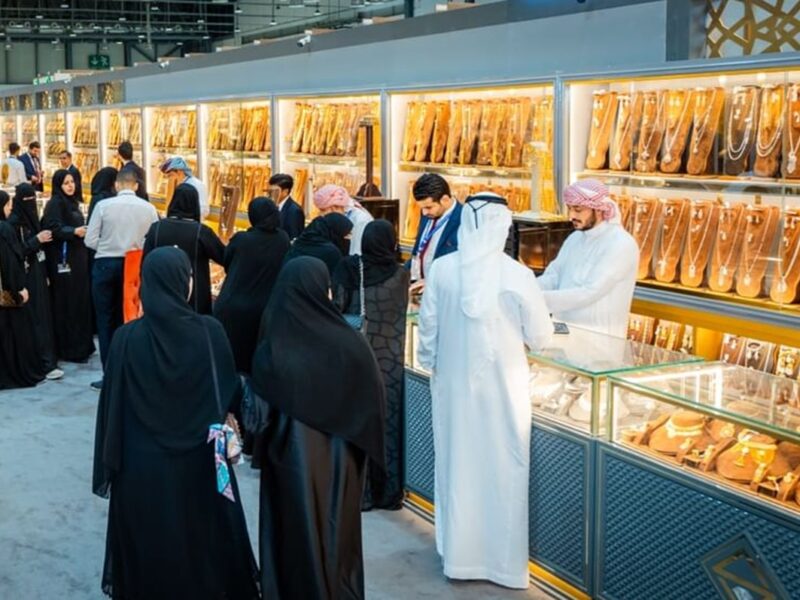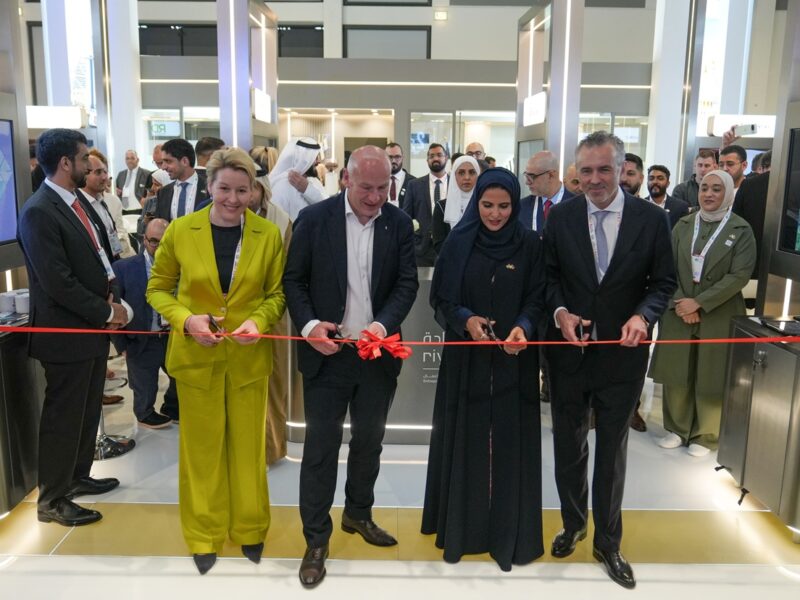Profitability is a crucial aspect of any business, and organisations often focus on strategies and tactics to maximise their financial gains.
However, the pursuit of profit should not overshadow the significance of people and culture within an organisation, this was in discussion in a panel titled seven steps to profit featuring Alan O’Neill, Oweis Zahran, CEO of OWS Capital; Saygin Yalcin, Founder & CEO of SellAnyCar.com and Omar Jackson, founder of Berkely Assets who shared key insights on how to strike a balance between profit and people.
Check-in on your organisation
Alan O’Neill emphasized the importance of organisations taking time out, at least once a year, to reflect on their progress. By conducting regular check-ins, businesses can ensure that everything is on track and going well. This provides an opportunity to assess the alignment between profit goals and the well-being of employees.
“There is value in organisations taking time out at least once a year to check in on the steps and make sure everything is going well,” he said.
O’Neill highlighted the danger of placing profit before people. While profitability is crucial, neglecting the value of employees can be detrimental to the organisation. Unhappy employees can lead to high turnover rates and intentional sabotage of business operations.
Therefore, placing people at the top of the priority list is essential for sustainable success.
“Ryan air for years had a toxic culture, I knew a pilot who went flying and would deliberately waste fuel because he was so annoyed with the company that he worked for,” he said citing an example of a personal experience.
“Unhappy people lead to high turnover rates, even on the job they will intentionally jeopardise your business,” he added.
Cultivate a positive culture
Omar Jackson emphasized that culture is paramount to the successful functioning of any business. In regions like the UAE with a significant expatriate workforce, stability in employees’ personal lives directly influences their performance at work.
“I think you have to earn loyalty and you can earn loyalty by building solid foundations in the workplace,” he said.
Lead by example
Oweis Zahran emphasised the influence of a leader’s attitude on the organisation. As a leader, your attitude becomes contagious, impacting the outcome of meetings and shaping the work culture.
“As a leader your attitude becomes contagious, the way you walk in the room, it leaves an impact that is going to most likely dictate the outcome of the meeting,” he said.
Breaking down the ego and fostering a healthy work environment is crucial. Leaders who value their employees and create a sense of safety and happiness foster an environment where profitability thrives, Oweis explained saying, “the big piece of being a business leader is letting go of the ego which naturally comes with being a leader, being able to break that down is the key to a healthy work culture.”
Combine passion and tools
According to Zahran, passion and the right tools are key ingredients for success in any endeavor.
“I believe you can become successful at anything if you are passionate and if you have the right tools in place,” he explained.
“If people feel valued, if they feel safe, if they feel happy, that’s how you keep your profit,” Zahran said explaining that by providing employees with the necessary tools and fostering a culture that encourages passion, organisations create an environment where employees can excel and contribute to the bottom line.
Focus on hard skills
Saygin Yalcin shared insights from his experience, highlighting the significance of hard skills in teaching employees.
He started by saying, “I had good people that had great CVs but ad values that left me in a few months and became competitors so I learned by making mistakes.”
While soft skills like integrity, respect, and dependability are crucial, Yalcin believes these traits are inherent in individuals and difficult to teach.
“One thing I do not want to teach people is soft skills like integrity, respect, dependability. You either have it or you don’t,” he said, “I don’t want to be the psychiatrist of everybody.”
Instead, he focuses on imparting hard skills like marketing campaigns, social media strategies, and excel proficiency.
Equipping employees with these tangible skills enables them to contribute effectively to the organisation’s profitability.
Balance profit and employee satisfaction
Yalcin also stressed the importance of striking a balance between profitability and employee satisfaction, “you have to survive before you can make people happy,” he said.
“Hiring and keeping people happy seemed to become less important after interest rates went high and companies realised they have to make money, people started getting fired,” Yalcin explained.
“People usually stay if they are happy with the company, what I say is that you are ninjas, if you tell people that they are really good they maintain a standard of excellence. Even if they are mediocre, I tell people they are really good so that they can become better,” Yalcin concluded.
The Arabian Business Leadership Summit 2023 is currently underway in Dubai with some of the most influential business leaders in the region in attendance including UAE Deputy Minister of Cabinet Affairs for Strategic Affairs Huda AlHashmi, former UK Prime Minister David Cameron, Diriyah Company chief executive officer Jerry Inzerillo, former Etihad boss and Knighthood Global chief executive officer James Hogan and more.
The summit serves as a platform for leaders to exchange ideas, discuss obstacles, and explore possibilities for shaping the future of business in the Arab region.









